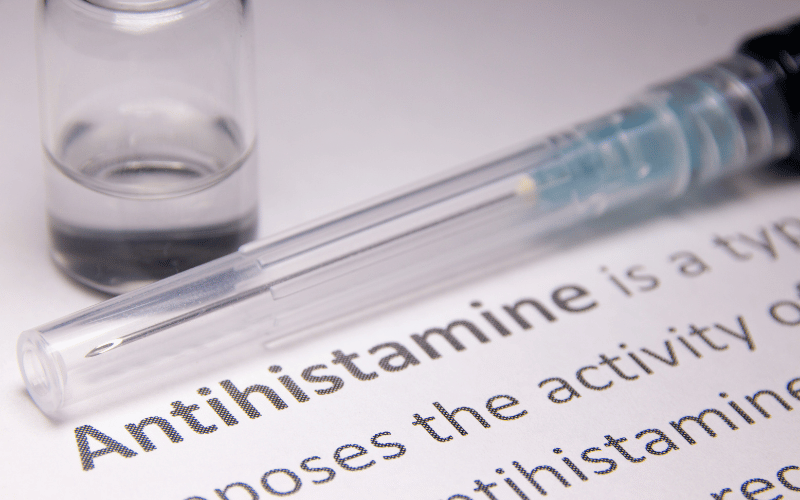Fact 6: Easing the Discomfort – Symptom Management in Cholestasis

Alleviating the symptoms of cholestasis is a critical aspect of managing the condition, aiming to improve the quality of life for affected individuals. The intense itching associated with cholestasis, in particular, can be debilitating, necessitating targeted strategies to bring relief.
Medications play a central role in symptom management. Antihistamines can help reduce itching, while ursodeoxycholic acid has been shown to improve liver function and decrease bile acid levels, further alleviating itching. In some cases, medications to protect the liver and improve its function may be prescribed.
Topical treatments, such as creams and lotions, can provide additional relief from itching. Applying cool, wet cloths to the affected areas or taking oatmeal baths can also help soothe the skin. It’s important to avoid hot showers and baths, as these can exacerbate itching.
In cases of cholestasis where jaundice is present, managing this symptom involves addressing the underlying bile flow obstruction. This may require medical or surgical interventions, depending on the cause of the blockage. Lifestyle modifications are integral to symptom management. Staying hydrated, maintaining a healthy diet, and avoiding alcohol and other substances that can harm the liver are all crucial steps in supporting liver health and alleviating the symptoms of cholestasis.
By adopting a multifaceted approach to symptom management, individuals with cholestasis can experience significant relief, enhancing their daily living and overall wellbeing. This approach underscores the importance of a personalized and proactive stance in managing cholestasis, ensuring that each individual receives the care and support they need. (6)